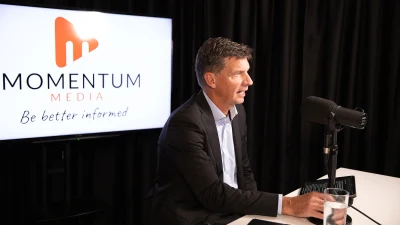Industry united in condemnation of SG delay


The Federal Government's deal with the Palmer United Party to secure the scrapping of the mining tax has had the knock-on effect of uniting the financial services industry in its condemnation of the resulting delay to fully implementing the rise in the superannuation guarantee to 12 per cent.
While the Financial Services Council (FSC) and Industry Super Australia (ISA) have been strongly at odds on key policy issues for most of the past 12 months, both organisations were united in their condemnation of the Government's decision to further extend the superannuation guarantee implementation time-table.
FSC chief executive, John Brogden described the Government's move as "very disappointing".
"We are concerned it could exacerbate the nation's low savings rate and that costs will be passed on to future generations," he said.
At the same time, ISA chief executive, David Whiteley said he was "dismayed" by the Government's move.
"Australians deserve considered policy making on an economic issue as important as retirement incomes policy. This decision is about a short-term budget fix that will have long-term budget impacts on age pension outlays," he said.
The Association of Superannuation Funds Australia was similarly critical of the move along with the Australian Institute of Superannuation Trustees.
Further, none of the organisations were particularly moved by the fact that the Government's deal with PUP ensured that the Low Income Superannuation Contribution would continue until 30 June, 2017.
Explaining the Government's rationale for the move, the Minister for Finance and acting minister for Financial Services, Senator Mathias Cormann, said the reduction in budget savings which resulted from the deal with PUP meant they would be recovered in the medium term by re-phasing the superannuation guarantee increase.
"Given that increases in the superannuation guarantee are largely funded from reductions in take-home wages or business profits, re-phasing the superannuation guarantee puts more money in employees' pockets while reducing businesses' overall wages bills, boosting near-term economic activity," he said.
Recommended for you
ASIC has called on superannuation funds to improve their oversight of advice fee deductions following an investigation of 10 trustees that found $990 million was charged in one year.
With just 30 per cent of Australians knowing their superannuation balance to the nearest $1,000, Findex has emphasised the role of financial advice in addressing the critical super knowledge gap.
Underestimating the cost of insurance by almost $75,000 in a Statement of Advice is among multiple reasons that a relevant provider has faced action from the FSCP.
Financial Services Council chief executive, Blake Briggs, is urging Minister for Financial Services, Stephen Jones, to take advantage of the QAR opportunity to reduce regulatory duplication and ensure advice is affordable.














